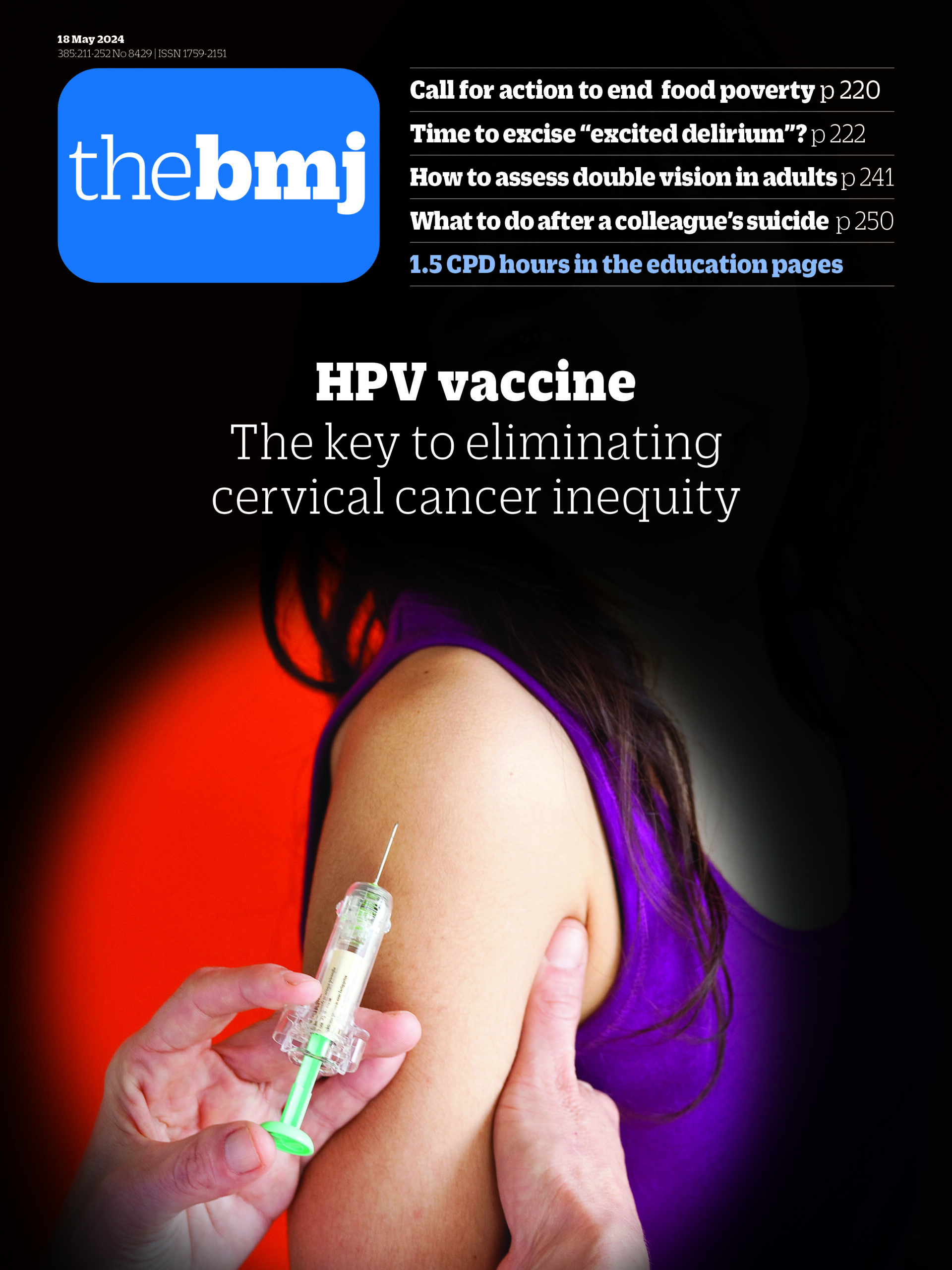TOPLINE:
In older patients with minor head injury, Glasgow Coma Scale (GCS ≤14), high-risk injury, vomiting, and retrograde amnesia are recognized as risk factors for clinically important traumatic brain injury (TBI).
METHODOLOGY:
- In this retrospective study, researchers evaluated 290 patients (≥65 years) with a head injury and GCS score ≥13 presenting to the ED at Yokohama City Municipal Hospital, Japan between January 2018 and October 2021.
- Researchers assessed patient data, including demographics, medical history, injury mechanisms, clinical presentation, imaging results, and treatment outcomes to identify risk factors for TBI.
- The primary outcome was clinically important TBI, defined as an injury resulting in death or requiring neurosurgical intervention, tracheal intubation for >24 h, hospitalization for >2 nights, or patients requiring internal medicine-related treatments.
- The secondary outcomes included acute head CT findings, spinal injuries, and changes in the modified Rankin Scale score between admission and discharge.
TAKEAWAY:
- Clinically important TBI was identified in 62 patients, with 3 deaths, 5 needing surgical intervention, 3 endotracheal intubations, 60 requiring hospitalization for > 2 nights.
- A GCS ≤ 14 (odds ratio [OR], 3.72), high-risk injury (OR, 2.80), vomiting (OR, 5.01), and retrograde amnesia (OR, 6.90), were significant risk factors for clinically important TBI.
- Higher odds ratios for TBI were observed in falls from height (OR 3.40), and traffic accidents (OR 6.42) compared to ground-level falls.
- Head CT imaging revealed 60 patients with acute head trauma, 15 with cervical spine fractures or spinal cord injuries, and 68 with worsening modified Rankin Scale scores without notable risk factors.
IN PRACTICE:
“Risk factors for TBI in older patients with minor head injury were examined, and GCS ≤14, high-risk mechanism of injury, retrograde amnesia, and vomiting were identified as risk factors,” the authors concluded.
SOURCE:
This study, led by Makoto Uchiyama, MD, Department of Emergency Medicine, Yokohama Municipal Citizen’s Hospital, Yokohama-shi, Kanagawa, Japan, was published online in the American Journal of Emergency Medicine on April 7, 2024.
LIMITATIONS:
The single-center retrospective nature of this study may limit its generalizability. There could be ambiguity due to undefined criteria for drug administration and potential bias from data extraction by a single emergency physician.
DISCLOSURES:
The study did not receive any specific funding. The authors declared no conflict of interest.










